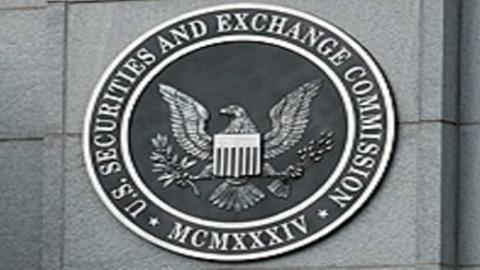SEC Launches Innovative Cyber and Emerging Technologies Unit to Enhance Financial Security
The newly established Cryptocurrency Enforcement and Technology Unit (CETU), spearheaded by Laura D’Allaird, aims to enhance regulatory efforts in the cryptocurrency industry. This specialized unit is designed to tackle fraud in digital currency markets and promote investor protection, reflecting a significant shift in how cryptocurrency regulations are approached.
Overview of the CETU
The CETU, which replaces the former Crypto Assets and Cyber Unit, is comprised of approximately 30 fraud experts and attorneys from various SEC offices. This new unit is notably smaller than its predecessor, signaling the US Government’s intent to ease regulatory restrictions that have previously hindered the growth of the cryptocurrency sector.
Key Objectives of the CETU
Mark Uyeda, the acting chairman of the SEC, has articulated the primary goals of the CETU:
- Investor Protection: The unit will prioritize safeguarding investors from fraudulent activities.
- Facilitating Capital Formation: By streamlining regulations, the CETU aims to enhance market efficiency, encouraging innovation.
- Combatting Fraud: The CETU will focus on identifying and mitigating fraudulent practices that exploit emerging technologies.
Focus Areas for Fraud Prevention
The CETU will address various forms of fraud that leverage modern technology, including:
- Fraud involving artificial intelligence and machine learning.
- Hacking incidents targeting retail brokerage accounts.
- Fraudulent activities conducted through social media, the dark web, or deceptive websites.
Implications for the Cryptocurrency Market
With a more flexible regulatory framework anticipated for the cryptocurrency sector, supported by a robust government initiative, the CETU is poised to take on significant challenges. Their ultimate aim is to effectively combat fraud related to blockchain technology and crypto assets, ensuring a safer environment for investors.
For more detailed insights into regulatory changes and their impact on the cryptocurrency landscape, consider exploring resources from the U.S. Securities and Exchange Commission.







